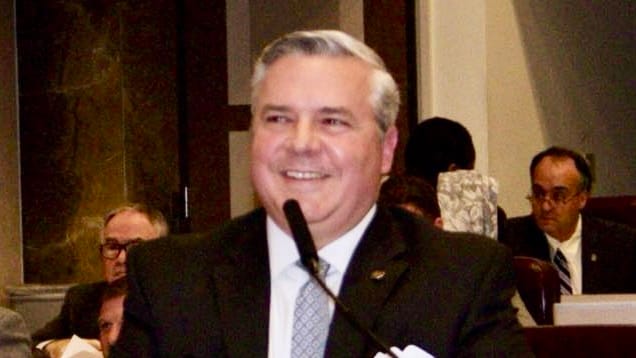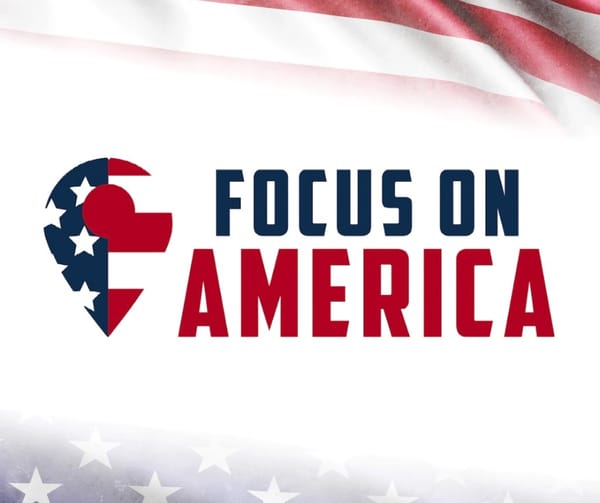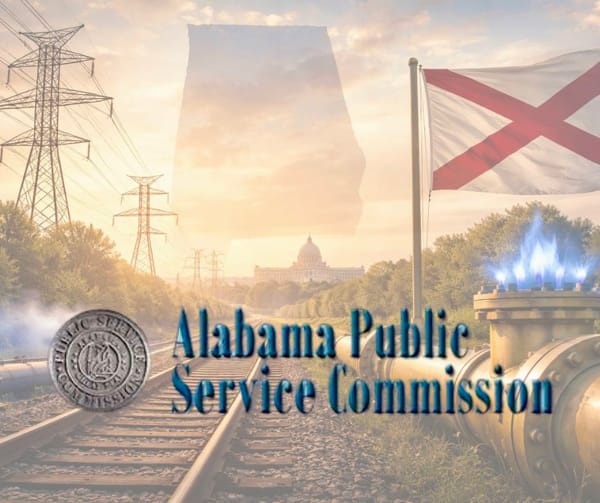Alabama State Rep. Chip Brown Unveils Trio of Bills to Boost Seafood Industry
“The Gulf Coast commercial seafood industry is a beloved tradition that must be preserved for the next several generations and decades yet to come”—Chip Brown

State Representative Chip Brown (R–Hollinger’s Island) has pre-filed a three-bill package meant to protect and grow Alabama’s commercial seafood sector.
“More than just a major economic driver in our region, the Gulf Coast commercial seafood industry is a beloved tradition that must be preserved for the next several generations and decades yet to come,” Brown said in a statement. “By passing these commonsense tax cuts and an important ecological protection, we can keep commercial seafood harvesting a growing and viable concern far into the future.”
Tax Relief for Retail Seafood Sales (House Bill 3)
House Bill 3 (HB3) would exempt certain retail sales of fish and other seafood—when sold directly by the commercial entity that caught them—from state sales and use taxes.
The goal is to boost seafood sales and help fishermen and seafood businesses retain more of their earnings.
Credit for Oyster Shell Recycling (House Bill 28)
House Bill 28 (HB28) would offer state income tax credits to restaurants that take part in oyster shell recycling programs.
Restaurants would earn $1 in credit for every 50 pounds of shells donated—or a flat $2,000—whichever is less. The program’s total credit is capped at $100,000 per year to limit impact on the Education Trust Fund.
New Seagrass Task Force (House Bill 38)
House Bill 38 (HB38) would form the Alabama Seagrass Restoration Task Force, which would pair public and private groups to study and reverse seagrass loss in state waters.
Seagrass beds play a vital role in the marine ecosystem. They serve as nurseries for seafood species, help stabilize shorelines, and fight erosion.
Together, these bills are intended to
- Boost commercial seafood revenue, by cutting the tax burden on sales directly from harvesters.
- Support habitat restoration, via a shell recycling incentive to rebuild oyster reefs and a task force to restore seagrass.
- Sustain Gulf Coast livelihoods, by protecting jobs tied to fishing, processing, and seafood-related services.
Oysters are a significant part of the Gulf Coast’s economy, with roughly half of the national $250 million oyster industry located in the region. Healthy reefs and seagrass habitats also support shrimp, crabs, and fish like striped bass and flounder.
The Alabama Legislature’s 2026 session begins on Tuesday, January 13, 2026.




